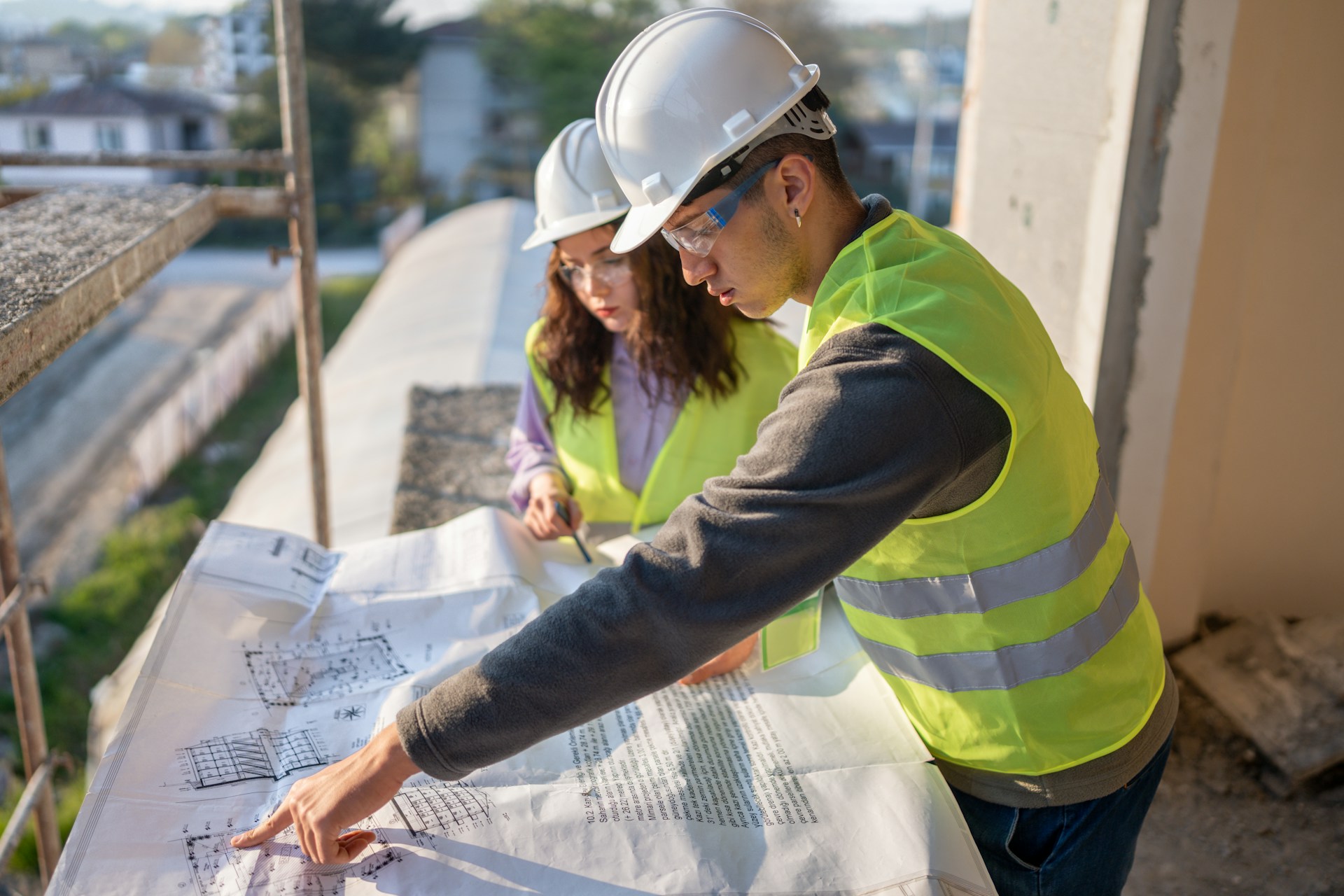Water treatment plants play a vital role in ensuring clean and safe water for communities. Constructing these facilities is no simple task, involving intricate processes and high-standard engineering practices. These challenges can be daunting but also quite rewarding. As demand for water treatment infrastructure grows, the importance of understanding the construction process cannot be overstated.
Exploring the essentials involved in building these plants sheds light on potential hurdles and how to overcome them. From adhering to strict regulations to dealing with environmental concerns, knowing what’s involved can help prepare for successful project completion. Let’s delve into the specifics of these challenges and explore viable solutions.
Understanding the Unique Requirements of Water Treatment Plant Construction
Crafting a water treatment plant comes with its own set of challenges. Beyond basic construction, these plants must meet specific requirements and regulations that are integral to their operation. Ensuring compliance with local, provincial, and federal guidelines is key to moving forward smoothly. Each location may have different codes, so being aware of and thoroughly understanding these regulations helps prevent unnecessary setbacks.
Here’s a breakdown of primary requirements to consider:
– Regulatory Compliance: It’s crucial to align plans with the diverse regulations that govern water treatment systems. These codes are in place to uphold the safety and functionality of the plant.
– Operational Necessities: The plant must be designed to support its intended operational capacity, considering all necessary equipment, processes, and functions.
– Maintenance Planning: Future maintenance shouldn’t be an afterthought. The design should facilitate regular inspections and upkeep to ensure long-term effectiveness.
With these factors in mind, you pave the way for a smoother construction process, reducing the risk of interruptions. By anticipating these specific requirements and incorporating them into initial planning, potential roadblocks become manageable learning opportunities.
Addressing Environmental and Site-Specific Challenges
When building a water treatment plant, environmental and site-specific considerations cannot be ignored. Waste management and pollution control are special concerns. Minimizing environmental impact while maintaining plant efficiency demands thoughtful planning and execution.
Here’s what to keep in mind:
– Soil Conditions: Different soil types require unique approaches. A clay-heavy site might need more groundwork compared to sandy soil, impacting both costs and timelines.
– Water Sources: Proximity and access to water are crucial. You need to ensure there’s an adequate supply that can support the plant’s functions without draining local reserves.
– Accessibility: Evaluate how easy it is for transport and machinery to access the site. Remote locations might face delays in shipping materials or transporting workers.
One example of addressing environmental challenges is installing systems that treat waste onsite, thus reducing pollution. This also makes the plant more self-reliant and minimizes the impact on local systems.
Managing Project Costs and Budgeting
Managing costs is key to a project’s success. Without a clear budget, expenses can spiral out of control, affecting both timelines and overall quality. Cost management starts in the planning phase and continues through construction.
Consider these strategies:
– Detailed Planning: Map out every aspect of the project, from groundwork to the final touches. Knowing what to expect financially helps you allocate funds wisely.
– Contingency Funds: Set aside a buffer to absorb unexpected expenses. This will keep you on track even if unforeseen issues arise.
– Regular Reviews: Periodically review expenditures to ensure they align with the budget. Addressing discrepancies early prevents needless overspending.
By keeping a tight rein on the budget, you ensure the project’s financial health and successful completion.
Ensuring the Availability of Specialized Equipment and Expertise
Specialized equipment and skilled professionals are crucial for water treatment plant construction. Advanced machinery and technology are needed to support complex processes, making expertise an absolute must.
Here’s what to focus on:
– Equipment Needs: Identify the specific machinery required for different plant sections, from filtration systems to pumps and more. Securing this equipment early prevents potential hold-ups.
– Professional Expertise: Experienced engineers and technicians bring valuable knowledge, ensuring tasks are completed safely and correctly.
– Collaborative Approach: Encourage cooperation between teams for optimized efficiency and reduced errors.
Prioritizing expertise and specialized equipment will enhance overall project quality, bringing peace of mind.
Overcoming Delays and Streamlining Project Timelines
Delays are common in construction, but they can be reduced with proactive planning. Weather, logistics, and equipment availability all play a role in potential project setbacks.
Effective strategies include:
– Weather Preparedness: Have a plan for weather-related interruptions, which might involve stocking materials in advance or having flexible timelines during colder months.
– Supply Chain Management: Foster strong relationships with suppliers to ensure timely delivery of materials.
– Efficient Scheduling: Coordinate tasks among various construction teams for smooth transitions and efficient use of resources.
By implementing these solutions, potential delays are minimized, keeping the timeline on track.
Building a Sustainable and Future-Proof Water Treatment Facility
Sustainability ensures your plant can adapt over time. Using eco-friendly materials and designs not only benefits the environment but also future-proofs your facility for technological progress.
Consider these points:
– Sustainable Practices: When constructing, opt for materials that are eco-friendly yet durable. Recycled components and energy-efficient systems help reduce environmental impact.
– Flexible Design: Incorporate flexibility in the design to accommodate future advancements in water treatment technology, allowing for upgrades without drastic revamps.
A sustainable approach guarantees the facility remains effective and relevant, cementing its role in bringing clean water to communities long into the future.
From understanding environmental impacts to managing costs and ensuring the availability of specialized equipment, the construction of a water treatment plant involves several nuanced challenges. For those looking to delve deeper into developing sustainable and efficient solutions, Industra Construction Corp. offers expert water treatment plant construction services tailored to meet these demanding requirements. Embrace a future-proof approach with expert guidance and innovative construction practices.

















